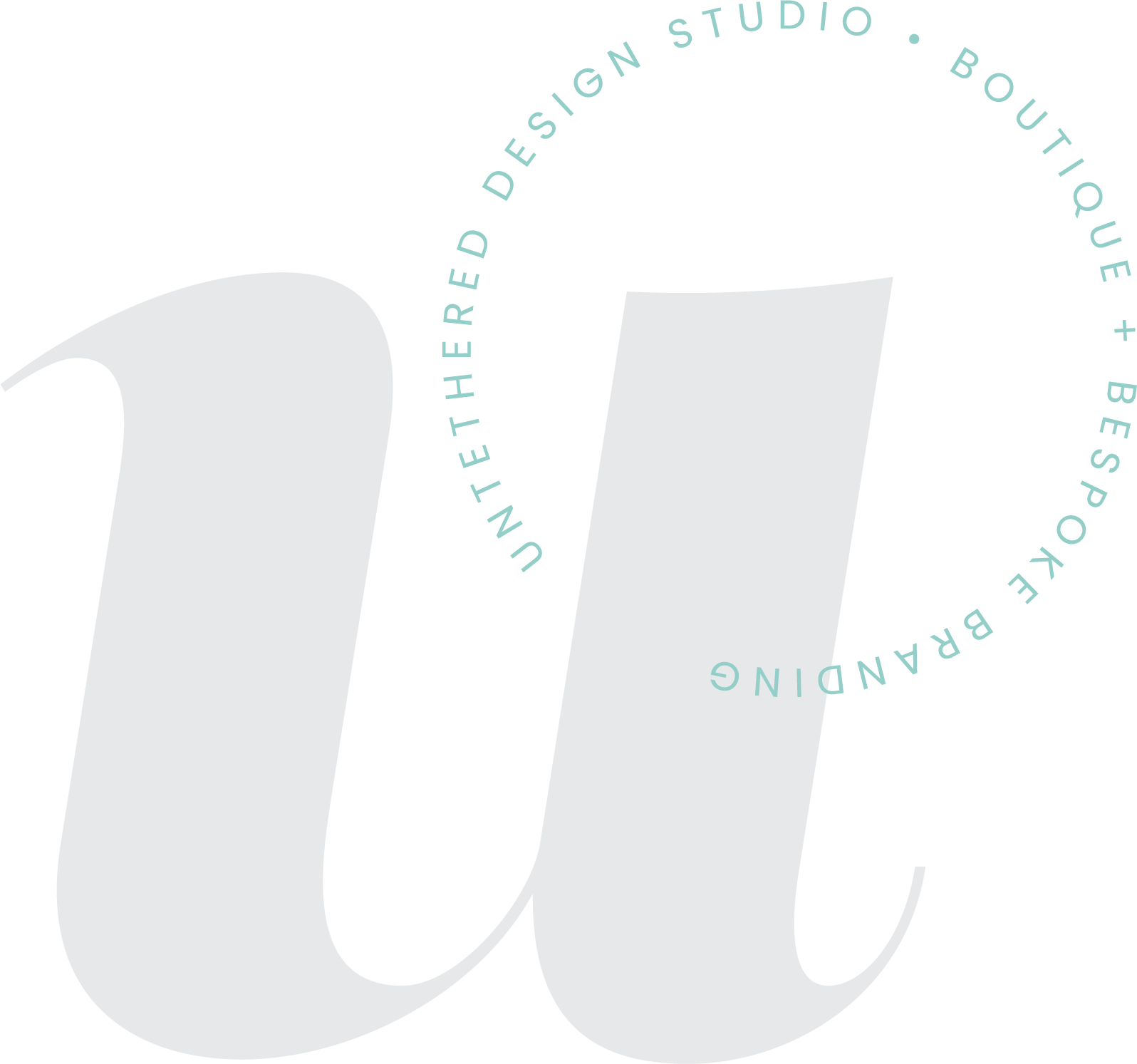When you Should (and Shouldn't) Use Canva
If you’ve been an entrepreneur running any part of your business online for a while, or if you’ve DIY-ed your graphics but are not a professional designer, you might have heard about or even used “Canva.”
Canva is basically an easy-to-use graphic design tool (in the form of a web-based app) that allows beginners, non-designers (and anyone, myself included!) to create designs quickly and efficiently, with the help of ready-made, “drag and drop” templates, shapes, icons, photos, fonts and color palettes.
Need an already-sized Facebook or Pinterest graphic? Canva is loaded with ‘em.
Need a poster?
A presentation deck?
Invitations?
Business cards?
A menu?
The options are endless when it comes to needing a template for just about anything!
To get to the short and sweet of it, here are a few of the pros (and cons) to using it:
PRO: As mentioned above, there is a ready-made, ready-sized template for any design imaginable. Just choose the one that you like best and customize it to fit your needs!
PRO: You can get by with a free account! Who doesn’t love free?
PRO: While free is great, I believe that you get what you pay for and I highly recommend that any business upgrades to using the “Canva Pro” account. While Canva on a basic use level is indeed free, you have more control over your branding with a paid subscription. The paid account allows you to upload your own fonts, color palettes, logos, graphics, icons, photography, etc. You can organize all of your assets into folders and everything within your account can be shared among your team members (who you can assign with email addresses.) It’s a handy and minor investment to make for the design/artwork aspect for your business, if you don’t have an on-staff designer or design/marketing department in place. Use my affiliate link to get Canva Pro today!
PRO: Canva is very user-friendly and intuitive, the more that you play around with it. It’s a good tool for anyone, but especially beginners or non-designers, who don’t have access to professional design software.
PRO: Canva can be easily accessed! It’s a website that you login to, so it doesn’t require any software downloads taking up space on your computer. And, if you’re on the go and unable to work from your laptop, simply download the app to your phone!
CON: With templates being available to literally anyone on the planet, without too much customization of your own, any of your designs can look just like anyone else’s who may be using the same templates.
CON: While you can create a variety of print and digital graphics easily, Canva is not ideal for designing logos, because it isn’t a vector-based program (like Adobe Illustrator) — meaning that you cannot create an image or design that will be scalable to any size, beyond what it’s already set at — without losing resolution/quality. You can create a logo design and export it as a high-quality PDF, which will give you a file format that gets you by in some instances. However, at the end of the day, it’s really crucial that your logo is always and originally created in a vector file format (.AI or .EPS) (both of which can be done using Illustrator.)
CON: You’ll need to keep in mind a few “legal” technicalities when using Canva within your business or for commercial projects. Canva gives you access to a lot of free and paid images, but you have to be careful about how/when/where you use them (as well as paid ones.) For example, per the Canva website: “All free media on Canva can be used for free for commercial and noncommercial use.” However, If you are going to design a logo within Canva, you cannot use any of their images (free or paid) within the design. For specific licensing agreements, please refer here.
Canva (free or Pro) is definitely a great resource for entrepreneurs who want to design brand graphics and visuals that look professional with its endless collection of ready-made templates and ability to upload your own brand kit!


